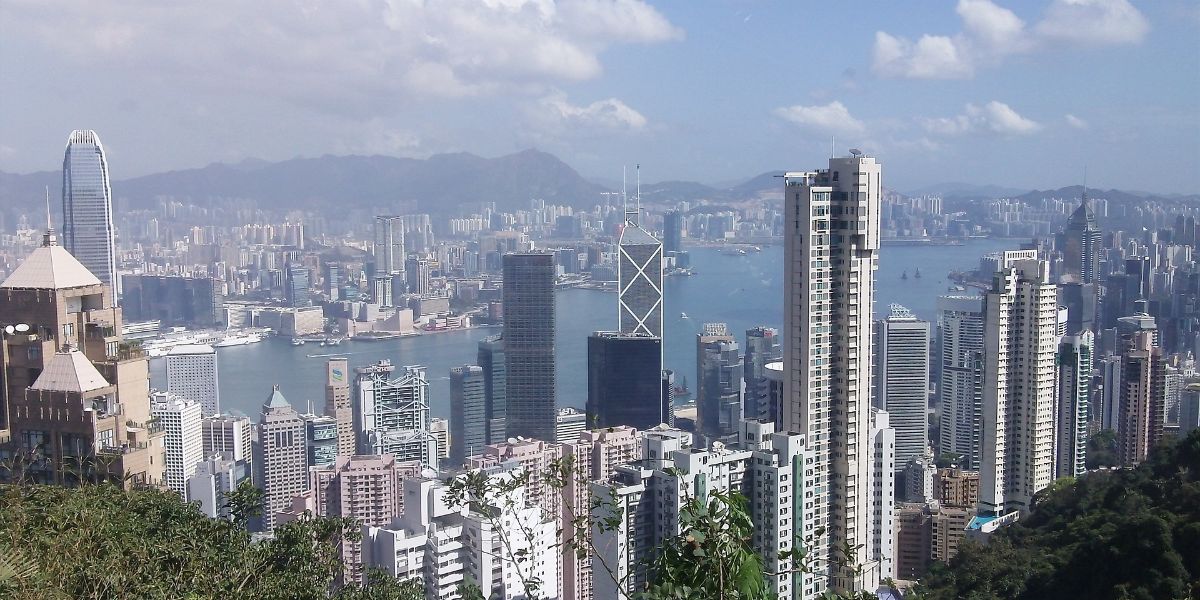On 8 March 2022, the IMF published a report following discussions with the Hong Kong Special Administrative Region (SAR) of China, under Article IV of the IMF’s articles of agreement.
The economy of Hong Kong SAR has undergone a strong recovery, with growth of 6.4% in 2021, following swift policy responses to the crisis resulting from the pandemic and other setbacks. Growth is projected to stabilise at 3% in 2022, supported by an improving labour market and the gradual re-opening of the border.
Generally the economic risks are to the downside, with uncertainty about the further course of the pandemic resulting in only a slow increase in the flow of people and weakening the recovery of private consumption. If the global economic recovery is slower than expected and global supply chain problems continue, the flow of goods could be slower and this would delay the recovery. The economy of Hong Kong SAR is however supported by policy buffers which can help to lessen the impact of future setbacks on financial stability and economic growth.
The IMF considers that in the near term Hong Kong SAR should focus on targeted support for low-income groups, the unemployed and small and medium enterprises (SMEs). In the medium term fiscal policy must deal with the challenges of the ageing population, high income inequality, and shortage of public housing.
The report recommends that a comprehensive tax reform is required to restore the fiscal buffers. The tax base should be broadened in a way that maintains fairness and does not affect international competitiveness.
Housing affordability has been addressed by boosting the housing supply, macroprudential measures, and through stamp duties. These policies remain valid and housing supply could also be increased by expanding land supply and streamlining procedures for land identification and production. The New Residential Stamp Duty should be phased out once the risks from non-resident inflows decrease.
As the recovery strengthens, the report notes that financial policy should focus on the solvency position of corporate entities and individuals. Hong Kong SAR is continuing its efforts to strengthen the relevant regulatory and supervisory frameworks; and should further strengthen oversight by adopting a more systematic approach to identifying and managing the risks. A consistent supervisory framework is also needed to manage issues related to fintech developments.
Hong Kong SAR’s climate action plan aims to achieve carbon neutrality before 2050. The government could consider the introduction of further carbon pricing mechanisms to promote green transportation and encourage energy saving. Systemic risk analysis should be strengthened, to monitor and assess climate-related risks. The government could also strengthen the financial environment for green investment.













